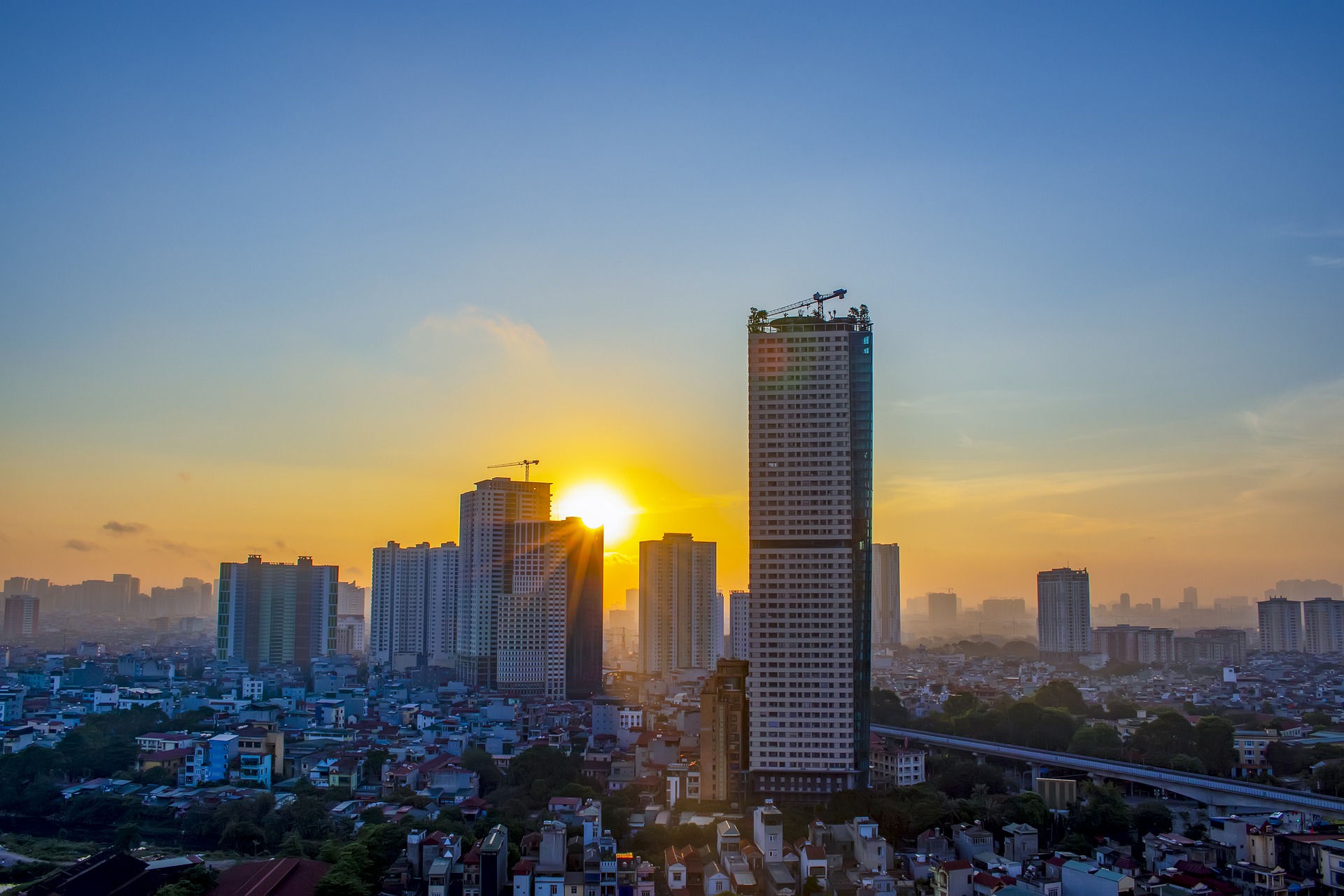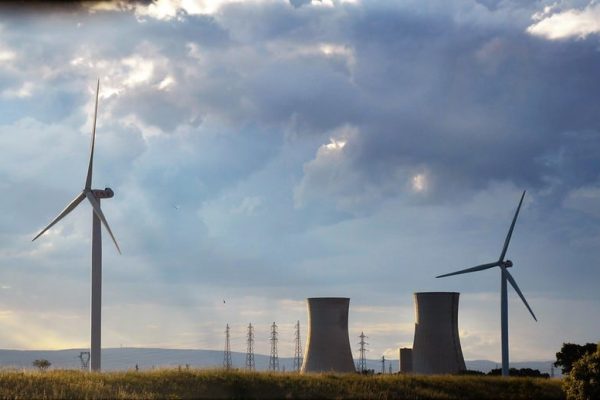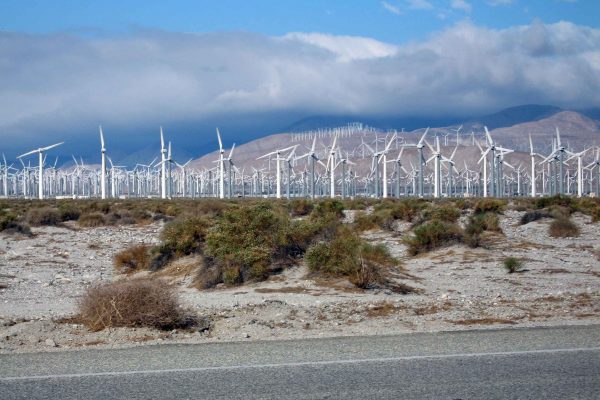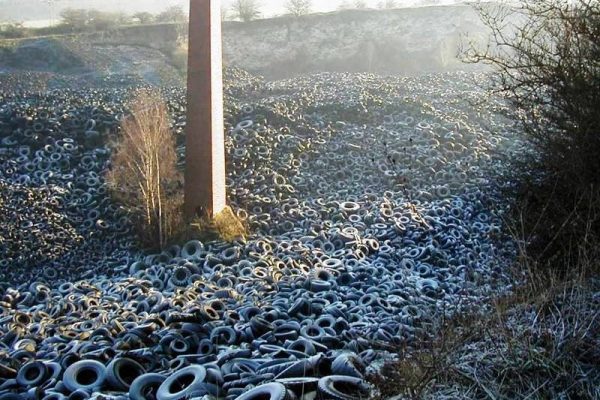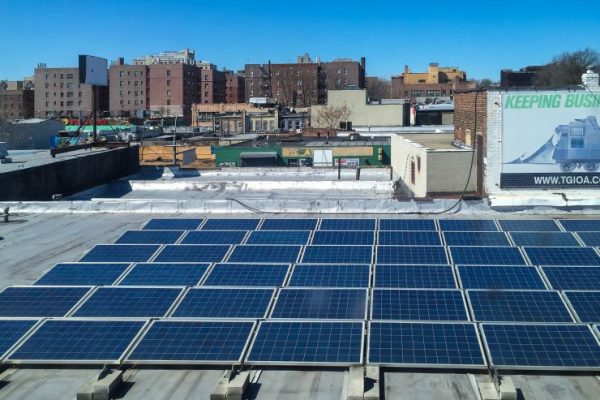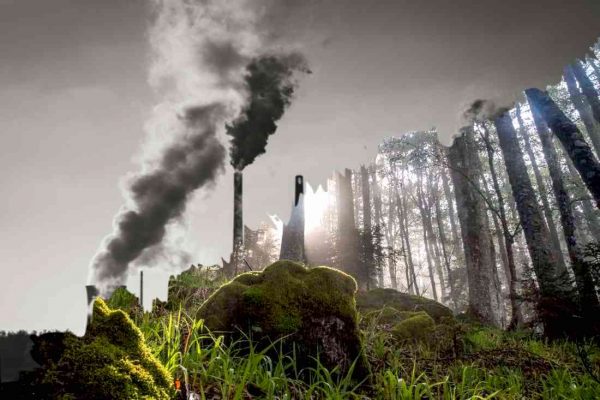Historic, triple digit temperatures in Europe; fires in London; highs soaring into the upper 90s and 100s across the United States; drought in the horn of Africa. As unprecedented heat waves and fires threaten communities around the world this summer, it is getting more difficult to evade the reality of global warming’s imminent effects. The fallout from climate change does not lie in the future; it is already here.
But acknowledging the immediacy of global warming does not mean we must succumb to despair. Much can still be done to avert the most catastrophic consequences of climate change, and there is no shortage of proposals that would put us and our planet on a better trajectory.
Consider, for instance, the model of “experimentalist governance” proposed by Charles Sabel and David Victor in their forum on how to fix the climate. Drawing on the success of the Montreal Protocol of 1987, which helped to reverse the depletion of the ozone layer, Sabel and Victor describe a combination of top-down and bottom-up approaches to combatting global warming. These would solicit input from experts and local actors alike, provide funding for innovation, and lead to the elaboration of enforceable global standards. We have taken collective action to avert major environmental threats before, they argue, and we can do so again.
Or consider the Green New Deal, the ambitious green investment plan championed in congress by Senator Ed Markey and Congresswoman Alexandria Ocasio-Cortez. At the heart of the plan is the concept of a “just transition” to cleaner energy, which would not only end our reliance on fossil fuels but also create well-paying jobs and an inclusive global economy. As economist Robert Pollin explains, “The Green New Deal offers the only path to climate stabilization that can also expand good job opportunities and raise living standards in all regions of the world.”
There can be little doubt that we have the scientific and technical knowledge to create a greener, more livable future. The main obstacles standing in the way of change are not scientific or economic, but political—congressional deadlock, a reactionary Supreme Court, and the fossil fuel industry itself. As Alyssa Battistoni and Thea Riafrancos note in their responses to Sabel and Victor, without sustained movement pressure and political struggle, even the best designed policies will fail to overcome the inertia of entrenched interests.
The essays below provide a rational basis for optimism regarding our ability to plan for global warming. They include discussions of carbon taxes, solar homesteading, green industrial policy in the E.U., reparations and environmental justice, nuclear power’s place in a green future, and more. They are also a spur to action. Without our collective effort, their ideas, which offer hope in the face of despair, will not become reality.
An interview with Noam Chomsky and Robert Pollin on the climate crisis, COVID-19, and the future of environmental politics.
Beyond carbon emissions and safety, the debate must also confront how the choices we make now constrain the kind of world we can build in the future.
In the most turbine-surrounded community in the world, poor residents understand that their loss—of land, jobs, and serenity—has nothing to do with the common good. Clean energy advocates should take notice.
Pushing back against the throw-away economy, the EU is designing an industrial policy around garbage.
Can today’s crises inspire action at the scales required to think about planetary sustainability?
Only a bold approach that centers politics can meet the scale of the climate crisis.
